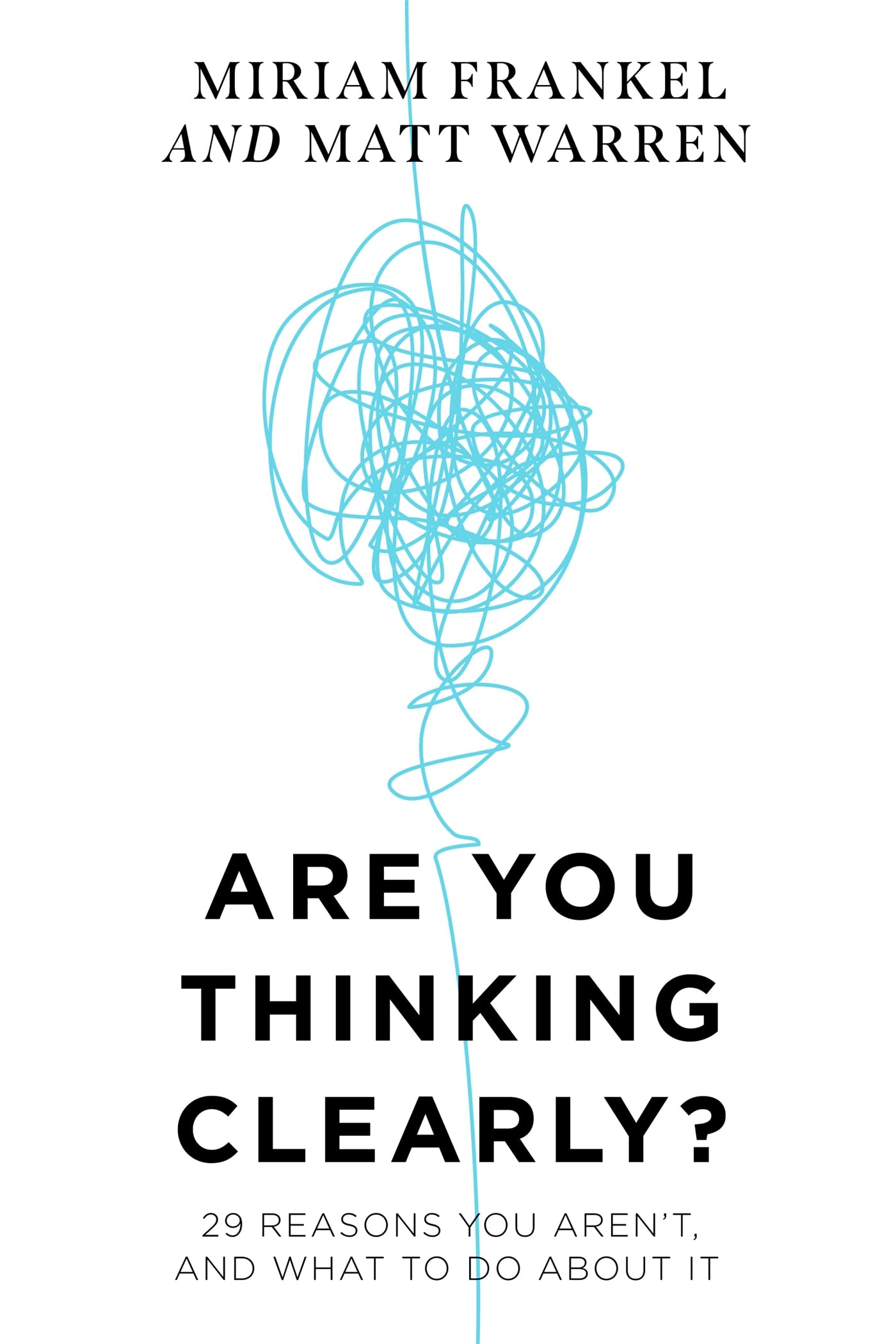
HomeAre You Thinking Clearly?Book SummaryAre You Thinking Clearly?
Are You Thinking Clearly?
March 2, 2024
Are You Thinking Clearly?

- Binod Shankar
- Book Summary
My Top 20 Insights:
- Despite what countless other books will tell you, positivity and optimism come with plenty of pitfalls – not least that they can make you overconfident, blinkered and gullible.
- Kahneman says that most people don’t want to be happy in the present- they want to be satisfied with life when they remember it.
- A high IQ doesn’t make us immune to bias, prejudice or mental illness, and it won’t automatically make us challenge our own thinking.
- To make the most of our intelligence, we also need intellectual openness, flexibility and conscientiousness as well as emotional stability and intelligence.
- Pessimism is probably a really good way of staying alive.
- When you’re a beginner in anything, you have to be quite careful with your intuition and then you can probably learn to trust them more as you go on.
- If there is chance that a damaging cognitive bias will be at play when you have a strong gut feeling, it may be worth questioning your intuition.
- Your brain isn’t designed to be happy and content. It is hardwired to be alert. It is hardwired to keep you alive.
- We forget aspects of an event every time we remember it. Not only do memories fade, we also pick and choose what to remember. And we are also capable of constructing completely false memories of things that never happened.
- Pessimistic people are slightly less vulnerable to these false memories than optimistic ones probably because they’re more critical.
- The more our minds need to process new info, the more time will appear to expand- the longer and richer our lives will seem in retrospect.
- Future thinkers are the least likely to help others in need.
- To ensure you are not trapped in one mindset, Psychology offers 3 interventions, dubbed “best possible self”, “gratitude” and “nostalgia” linked to the future, present and past respectively.
- In Depression the activity of the pre frontal cortex (planning & problem solving) and the hippocampus (memory center) shrinks and the Amygdala (emotions especially fears) gets larger.
- Optimism is high in kids, drops in middle age and rises again in the elderly.
- The differences seen between men and women are more down to social expectations than biology. Evolution has wired the brain to make us social. The drive to belong is very powerful.
- The social pressure on women to be perfect, self-sacrificing and caring- while constantly scrutinizing themselves- makes it tough for them to speak up and refuse to do what’s expected from them.
- Contrary to belief, opposites rarely attract. We enter into romantic relationships with people who share similar personalities, interests etc. e.g., Racists will often pair up with other racists.
- We are all capable of horrible acts and we may commit them because we want to fit in or get ahead. e.g., Nazi Germany. Many Nazis actually saw themselves as the victims of injustice.
- The personality traits most helpful when it comes to thinking well are Openness and Conscientiousness.




